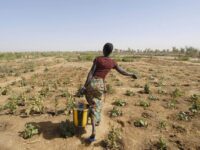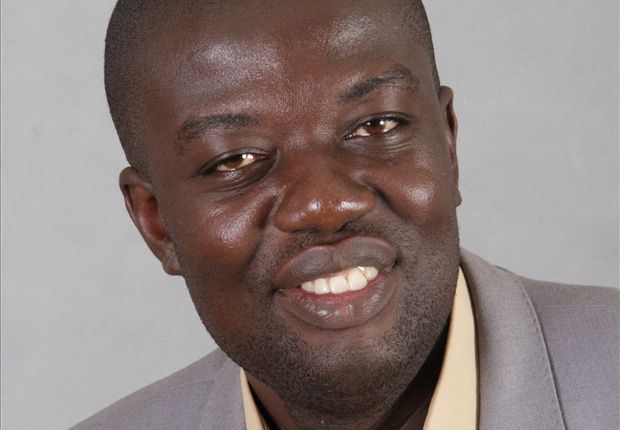 Governments in Africa have been urged to help demystify the use of biotechnology in crop production to enable the continent to become self-sufficient in food production.
Governments in Africa have been urged to help demystify the use of biotechnology in crop production to enable the continent to become self-sufficient in food production.
The advice is expected to help turn around the fortunes of farmers who continue to depend on low-yielding seeds.
The Managing Director of Science and Regulatory Affairs, Biotechnology Industry Organisation, Dr Adrianne Massey, made the call when she addressed some agricultural journalists from across the world in Des Moines, Iowa, USA on the history and science of seed innovation.
The interaction was to offer an opportunity to a select group of international media professionals to understand the issues facing global agriculture and how the plant science industry was supporting sustainable food production.
She said governments had a crucial role in depoliticising the issues regarding biotechnology and its impact on agricultural production.
“We should think about the risk of not having biotechnology in agricultural production rather than the perceived risk of the technology,” she said.
According to crop scientists, the world population will reach about 50 billion by the year 2050 and Africa will contribute more than 40 per cent of that growth.
As a result, it has become even more paramount for the continent to embrace new technology in food production to increase yields to meet the growing demand of not just food but its nutritional value.
Communication
Dr Massey said there was the need for the governments to engage the farmers by exposing them to the benefits of adopting the use of modified seeds and their impact on yields.
“It is all based on trust and the moment they are exposed to it, they will accept it; there are many success stories all over the world and they will appreciate it when they see it because seeing is believing”.
She said activists against the use of the biotechnology in crop production were making a headway in certain instances because of the way they were able to communicate untruths about the new technology.
Dr Massey called for extra effort to educate the farmers using real evidence to get them to appreciate the new technology; that is increasing food yields, improving the financial status of farmers while helping to protect the environment as a result of reduced spraying of chemicals on crops.
Health impact
The Regulatory Strategy and Scientific Affairs Director at DuPont Pioneer, Dr Kevin Diehl, who delivered a lecture on the topic, “Regulatory and Knowledge Transfer Discussion”, debunked rumours around the world that genetically modified foods could cause cancer.
“There are activists peddling wild rumours that GM foods have contributed to increased cancer cases but there is no real scientific proof to that effect”, he said.
He said the regulatory systems put in place were far more rigorous because every aspect of the process was tested and verified before it was put on the market to prevent any harm today or in the future.
Dr Diehl said the regulatory process involved molecular analysis, protein expression, field studies, validation and trait efficacy.
He said, there were testing for allergenicity or toxicity, nutrition composition and comparison and environmental safety, among other things.
“These are all done through painstaking processes to ensure that what is consumed is safe for human consumption bearing in mind that the least disorder will affect the entire process and idea behind the introduction of GM foods”, he said.





